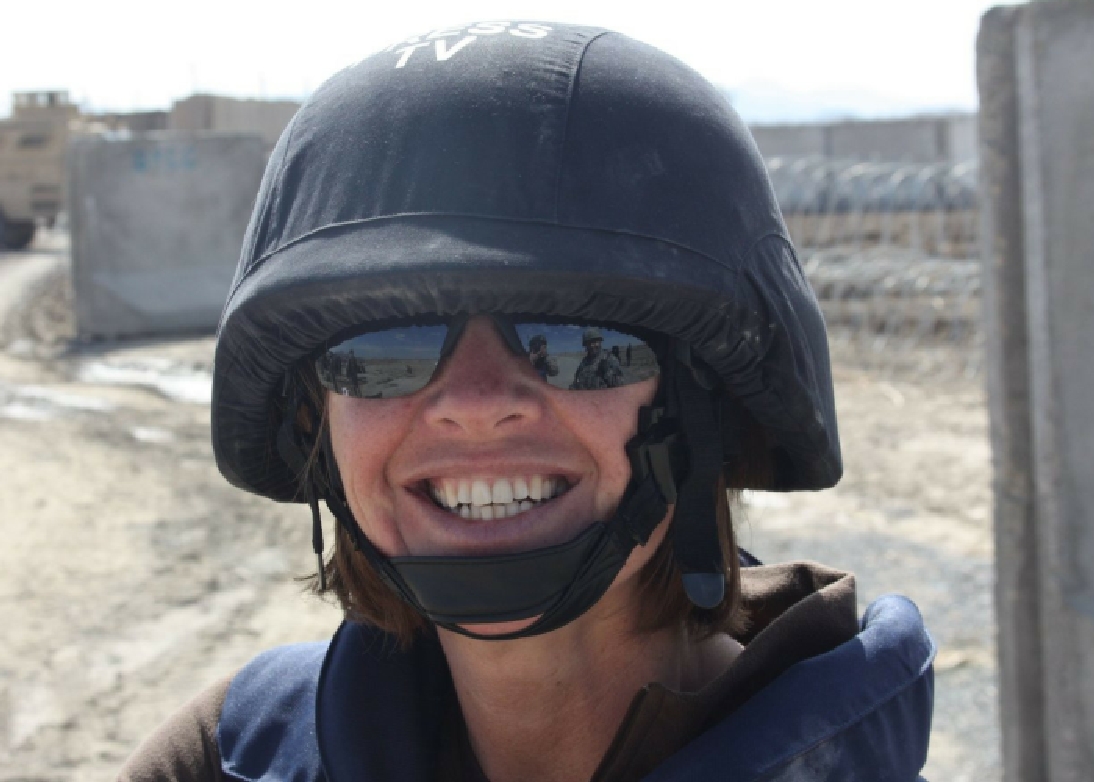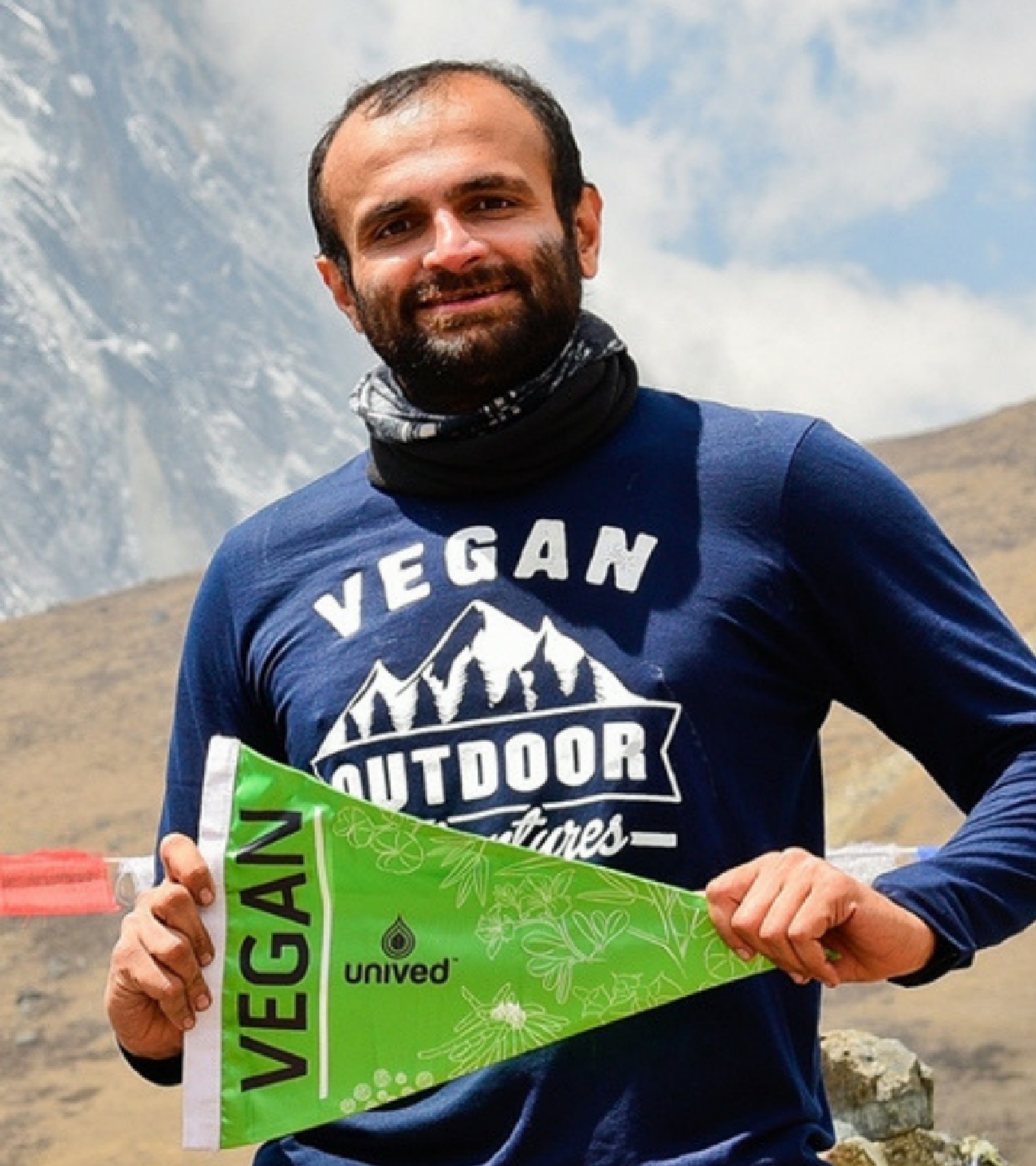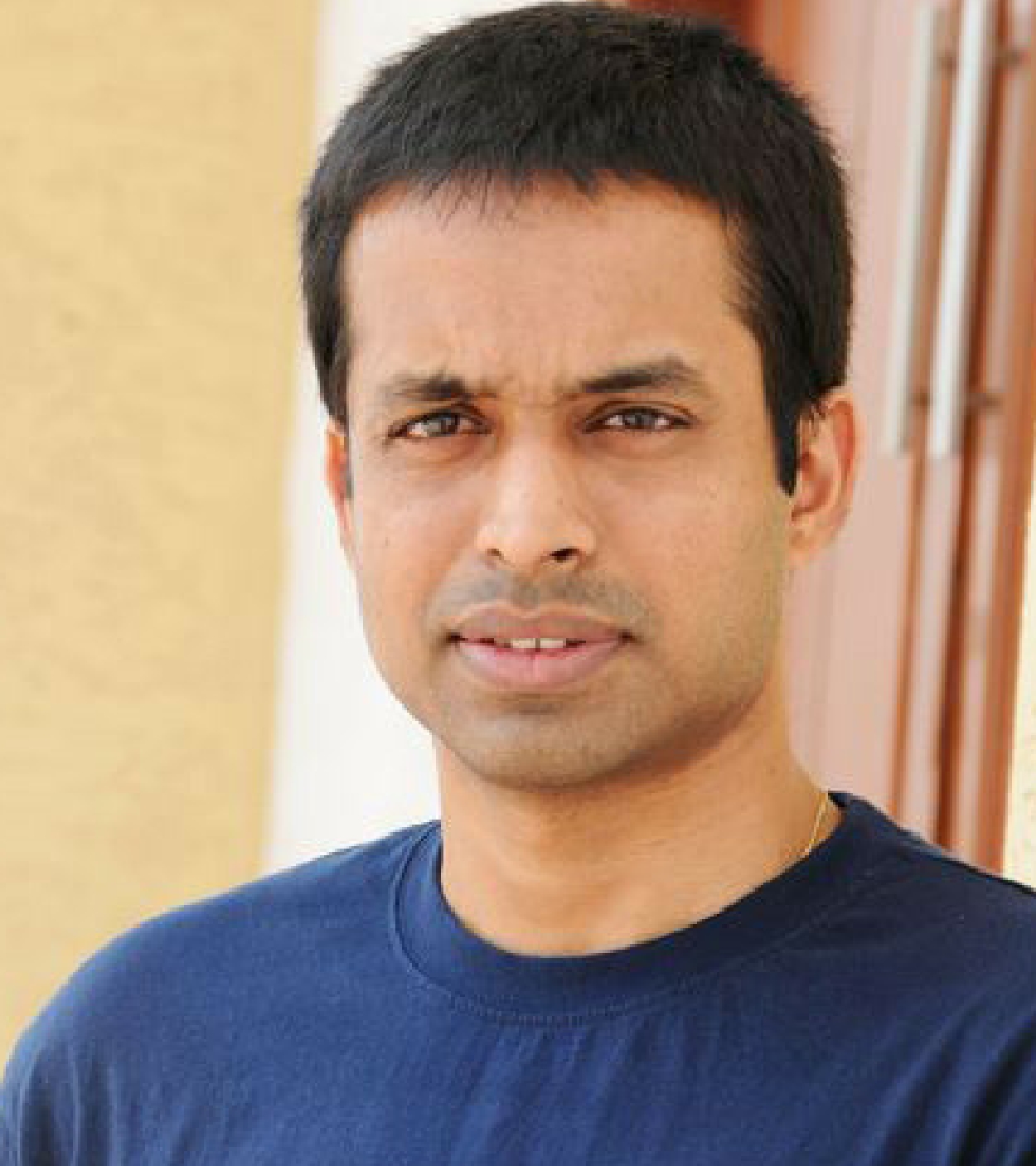- Home
- About
- Services
-
Speakers
- Motivation/Inspiration
- Leadership
- Women & Leadership
- Business Leaders
- Entrepreneurs
- Sports & Adventure
- Future & Technology
- Innovation
- Social media
- Celebrities
- Team Building
- Health & Wellness
- Media/ Marketing
- Authors
- Communication/ Negotiation
- Journalists
- Global Affairs & Politics
- War & Defense
- Economics & Finance
- Entertainers
- Comedians
- Hosts
- Diversity
- Industry experts
- Environment
- Professors/ Scholars
- Social Activists
- Human Resources
- TEDx Speakers
- Indian Regional
- Mythology & Literature
- CSR
- Spirituality & Mindfulness
- Youth
- Exclusive Speakers
- Cinema & The Arts
- Influencers
- All Speakers
- Events
- Contact Us
- Wish List
Sue Turton
War Correspondent | Film Maker | Speaker

Who am I
What is it really like to work on the Front Line?
Sue Turton - A career of Breaking News
Sue works as a Freelance Filmmaker, Studio Anchor, Correspondent, Corporate Speaker. As well as documentaries, Sue has fronted two-hour specials on the rise of ISIL for Al Jazeera and she is a regular presenter on 24-hour rolling news.
Sue Turton’s career began at for Sky News in the channel's first year but her career really took off at Emmy award-winning UK nightly show, Channel 4 News where she worked for twelve years with veteran anchor Jon Snow. Sue’s work there ranged from breaking news and anchoring alongside Jon to working regularly in Africa where she was the only TV reporter to cover the trial of Simon Mann and Mark Thatcher who had plotted a coup in Equatorial Guinea.
Documentary Maker:
Sue went undercover with hidden cameras to front a Dispatches investigation into financial fraud in Indian call centres that led to charges against the culprits. Sue has also made documentaries in the Philippines, Indonesia and Europe
Journalism is not Terrorism:
Activism Author:
Speaking Engagements:
How to make your voice heard!
Sue is regularly asked to give talks, lectures and media appearances about press freedom, ISIS, working on the frontline and activism.
Sue Turton’s perspective on conflict and frontline war reporting has distinct lessons for business:
1. Who’s side are you on?
Are the group of rebels you’re planning to embed with freedom fighters or terrorists? Sue spent weeks in Syria embedded with Jabhat al Nusra just after the US deemed them an Al Qaeda affiliate. So how did she decide whether to trust them? How far could she push her line of questioning? How would they treat a woman in their midst? How did she have to change her own behaviour? How do you get what you need out of people who would happily chop off your head?
When pitching or competing for that contract, you need to know who’s on your side and who’s working against you. Who do you trust and who do you watch like a hawk. In these situations – your PQ – Political Intelligence is pushed to its limit. As they say– keep your friends close and your enemies closer, Sue’s expertise can explain how.
How do you get into a country that is at war, has closed borders with its neighbours and will at best arrest you or at the worst shoot you on sight? Whatever you want to take with you-you'll have to carry on your back along with a heavy flak jacket and camera/satellite equipment-- so what goes and what stays behind? What protocols do you put in place to let base know that you are still safe when inside? There’s no mobile phone reception, satellite phone signals can be traced and emergency medical response is very limited so how do you prepare for the worst-case scenario?
Business can often be so preoccupied with the work required at the coalface, that they fail to plan and see the pitfalls fast approaching them. Reading the terrain and being prepared for the worst can allow you to see the things your competitors fail to spot – so what does real planning look like?
During the revolution to remove Gaddafi the frontline was often closed to much of the media but Sue had devised a tactic to get her crew right to the front. Then it was up to them as to how far to push it. The people you think will be fine in this high octane environment often crumble whereas those who don’t display any real chutzpah may come into their own. It’s as much about dealing with everyone’s acceptable level of risk as to how they will cope with what they’ve seen when they’re back home.
How strong are the team around you? How can you tell when you’re putting too much pressure on them? How will they react when you ask them to do things they don’t agree with or think they’re even capable of? Your business may not be a life critical mission, but it can live or die just the same depending on your understanding of stress.
4. In the eye of a media storm.
Sue and six of her Al Jazeera colleagues were charged and then convicted of terrorism offences by Egypt in 2014 after covering the military--backed coup that removed the elected President. She led the fight to free those who were thrown into prison and is still trying to clear all their names. During this campaign, she was interviewed by more than 400 media journalists from all over the world and knows the pitfalls and the best practices when weathering a media storm.
When the spotlight falls on you and your colleagues, when the media want to prove you wrong– just how do you handle this 24/7 attack and what tricks of the trade can you use to fight back?

Who am I
What is it really like to work on the Front Line?
Sue Turton - A career of Breaking News
Sue works as a Freelance Filmmaker, Studio Anchor, Correspondent, Corporate Speaker. As well as documentaries, Sue has fronted two-hour specials on the rise of ISIL for Al Jazeera and she is a regular presenter on 24-hour rolling news.
Sue Turton’s career began at for Sky News in the channel's first year but her career really took off at Emmy award-winning UK nightly show, Channel 4 News where she worked for twelve years with veteran anchor Jon Snow. Sue’s work there ranged from breaking news and anchoring alongside Jon to working regularly in Africa where she was the only TV reporter to cover the trial of Simon Mann and Mark Thatcher who had plotted a coup in Equatorial Guinea.
Documentary Maker:
Sue went undercover with hidden cameras to front a Dispatches investigation into financial fraud in Indian call centres that led to charges against the culprits. Sue has also made documentaries in the Philippines, Indonesia and Europe
Journalism is not Terrorism:
Activism Author:
Speaking Engagements:
How to make your voice heard!
Sue is regularly asked to give talks, lectures and media appearances about press freedom, ISIS, working on the frontline and activism.
Sue Turton’s perspective on conflict and frontline war reporting has distinct lessons for business:
1. Who’s side are you on?
Are the group of rebels you’re planning to embed with freedom fighters or terrorists? Sue spent weeks in Syria embedded with Jabhat al Nusra just after the US deemed them an Al Qaeda affiliate. So how did she decide whether to trust them? How far could she push her line of questioning? How would they treat a woman in their midst? How did she have to change her own behaviour? How do you get what you need out of people who would happily chop off your head?
When pitching or competing for that contract, you need to know who’s on your side and who’s working against you. Who do you trust and who do you watch like a hawk. In these situations – your PQ – Political Intelligence is pushed to its limit. As they say– keep your friends close and your enemies closer, Sue’s expertise can explain how.
How do you get into a country that is at war, has closed borders with its neighbours and will at best arrest you or at the worst shoot you on sight? Whatever you want to take with you-you'll have to carry on your back along with a heavy flak jacket and camera/satellite equipment-- so what goes and what stays behind? What protocols do you put in place to let base know that you are still safe when inside? There’s no mobile phone reception, satellite phone signals can be traced and emergency medical response is very limited so how do you prepare for the worst-case scenario?
Business can often be so preoccupied with the work required at the coalface, that they fail to plan and see the pitfalls fast approaching them. Reading the terrain and being prepared for the worst can allow you to see the things your competitors fail to spot – so what does real planning look like?
During the revolution to remove Gaddafi the frontline was often closed to much of the media but Sue had devised a tactic to get her crew right to the front. Then it was up to them as to how far to push it. The people you think will be fine in this high octane environment often crumble whereas those who don’t display any real chutzpah may come into their own. It’s as much about dealing with everyone’s acceptable level of risk as to how they will cope with what they’ve seen when they’re back home.
How strong are the team around you? How can you tell when you’re putting too much pressure on them? How will they react when you ask them to do things they don’t agree with or think they’re even capable of? Your business may not be a life critical mission, but it can live or die just the same depending on your understanding of stress.
4. In the eye of a media storm.
Sue and six of her Al Jazeera colleagues were charged and then convicted of terrorism offences by Egypt in 2014 after covering the military--backed coup that removed the elected President. She led the fight to free those who were thrown into prison and is still trying to clear all their names. During this campaign, she was interviewed by more than 400 media journalists from all over the world and knows the pitfalls and the best practices when weathering a media storm.
When the spotlight falls on you and your colleagues, when the media want to prove you wrong– just how do you handle this 24/7 attack and what tricks of the trade can you use to fight back?
Alternative Speakers
Quick Information
Travels From
United Kingdom











